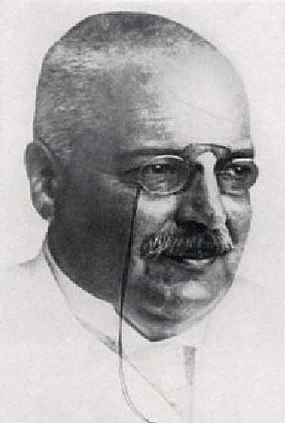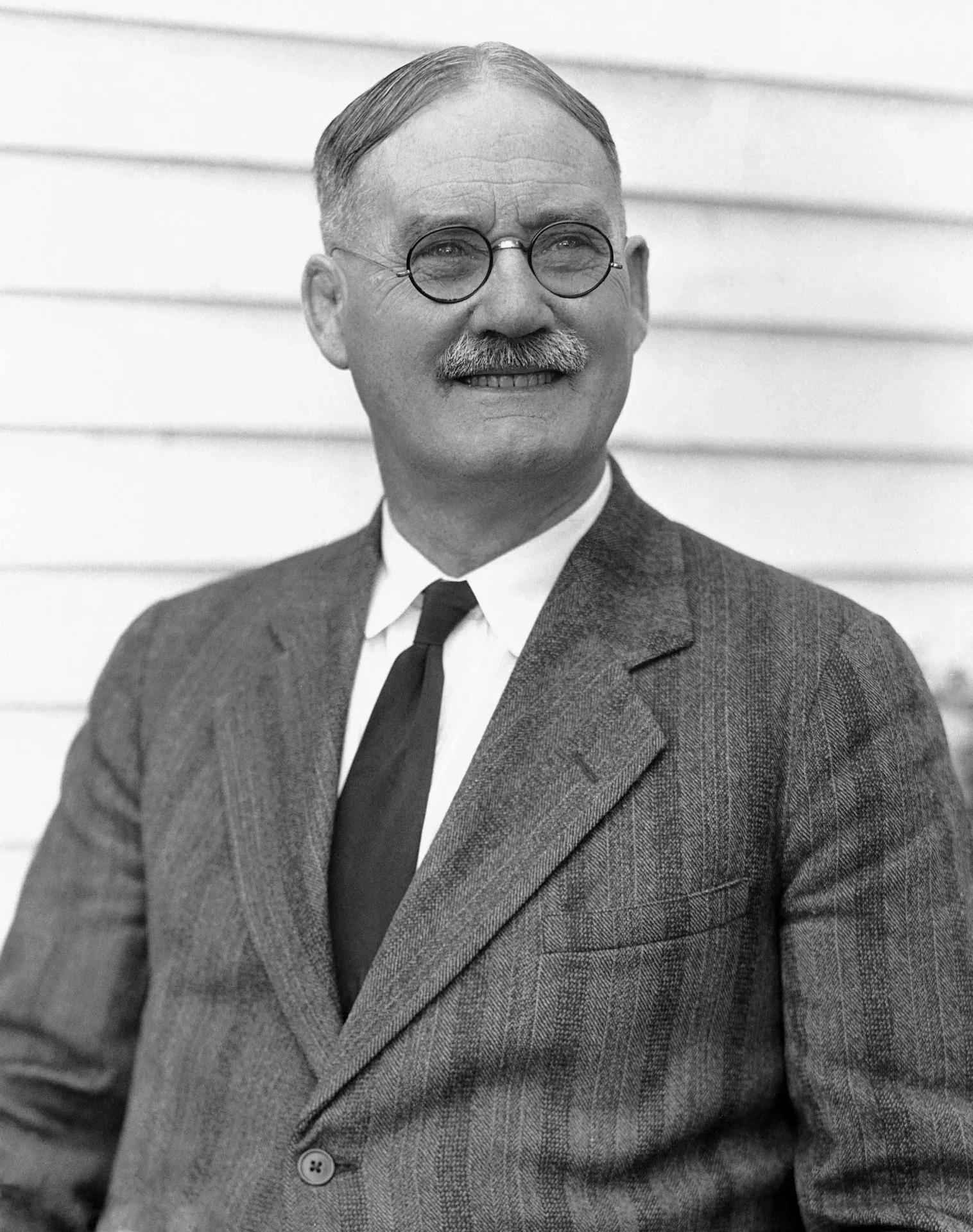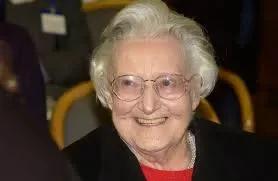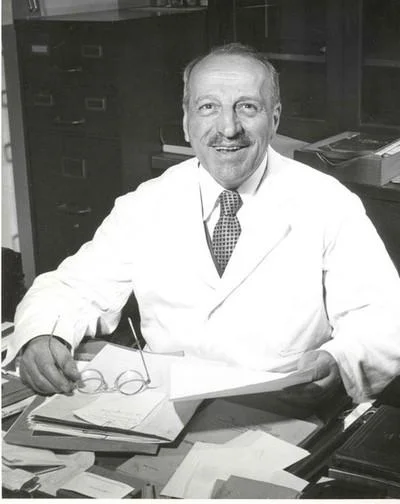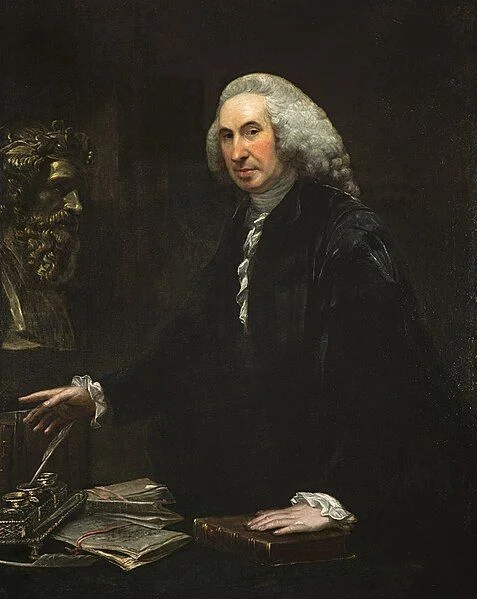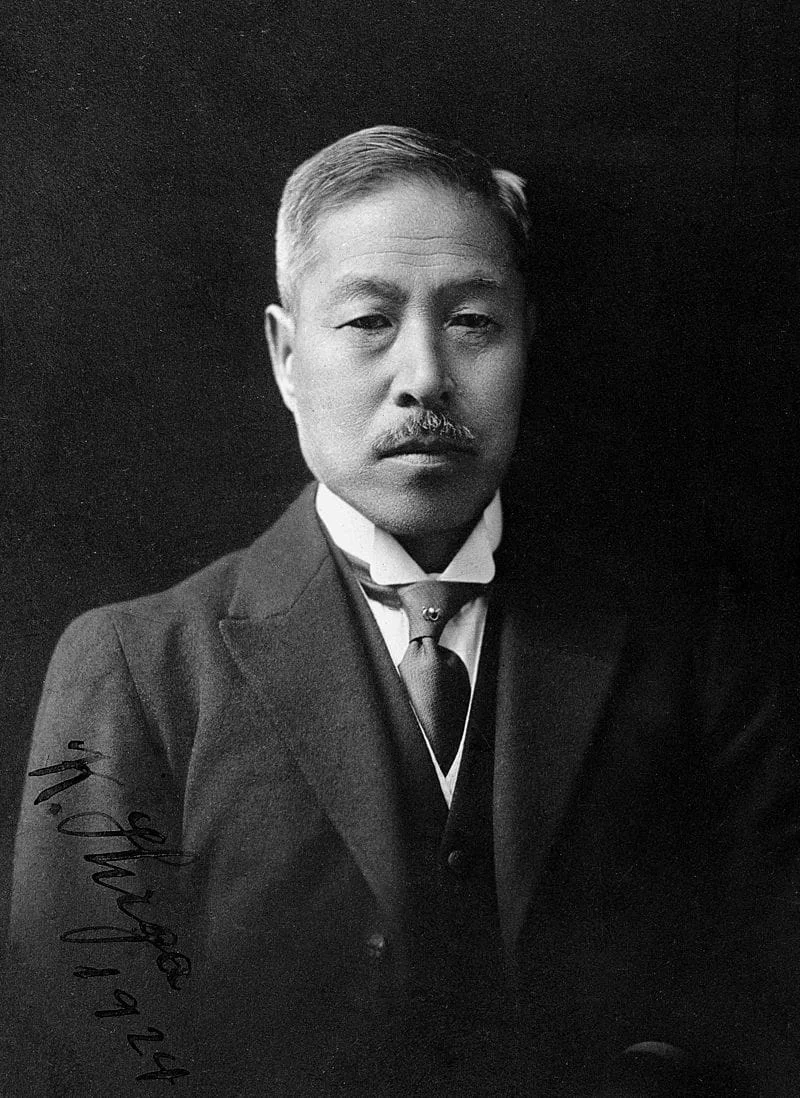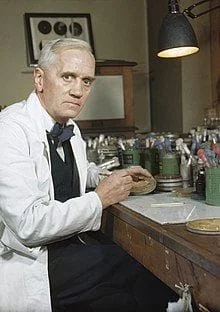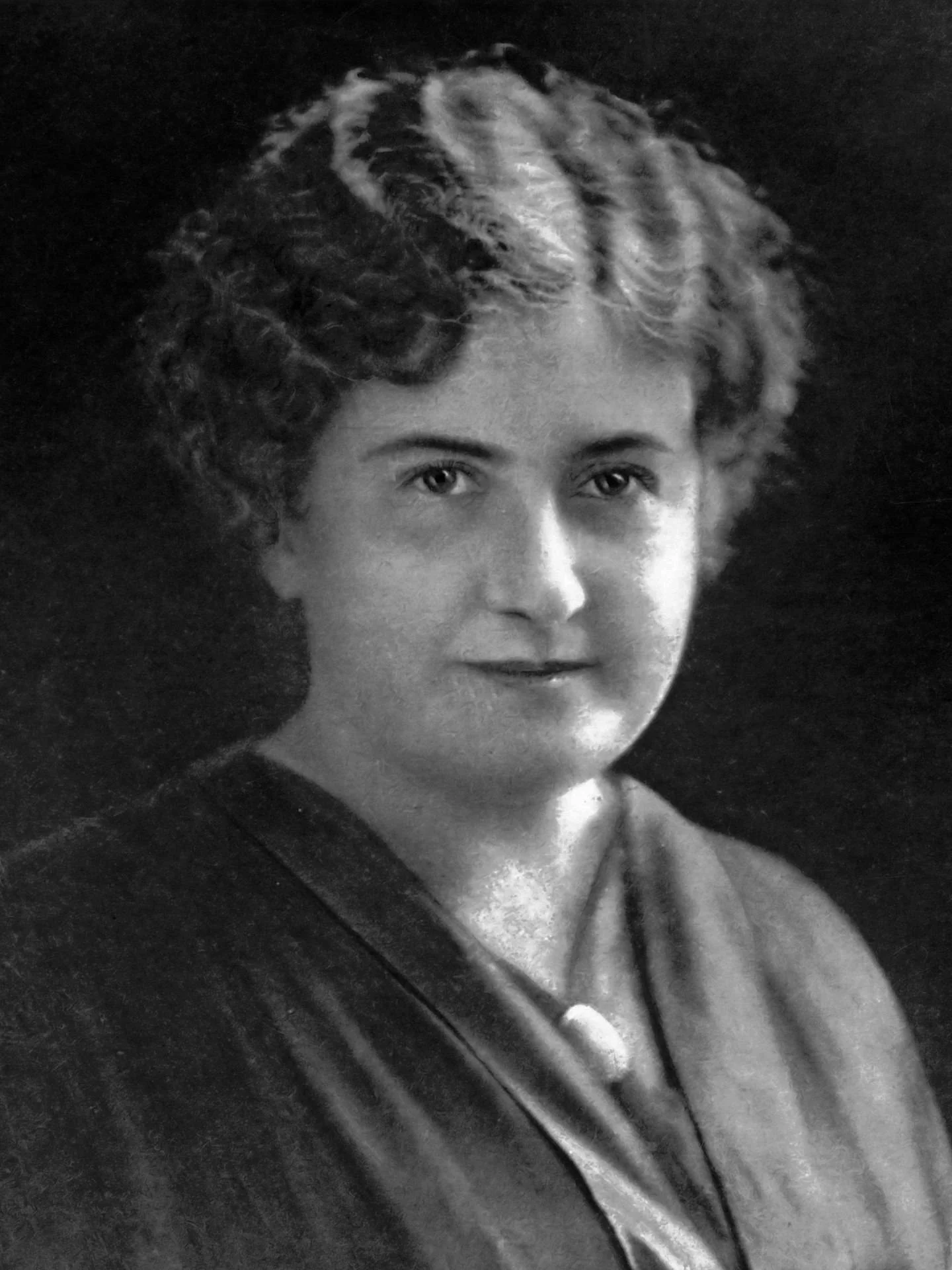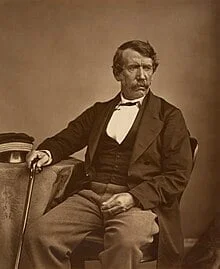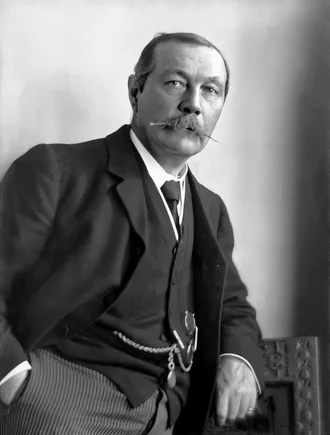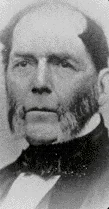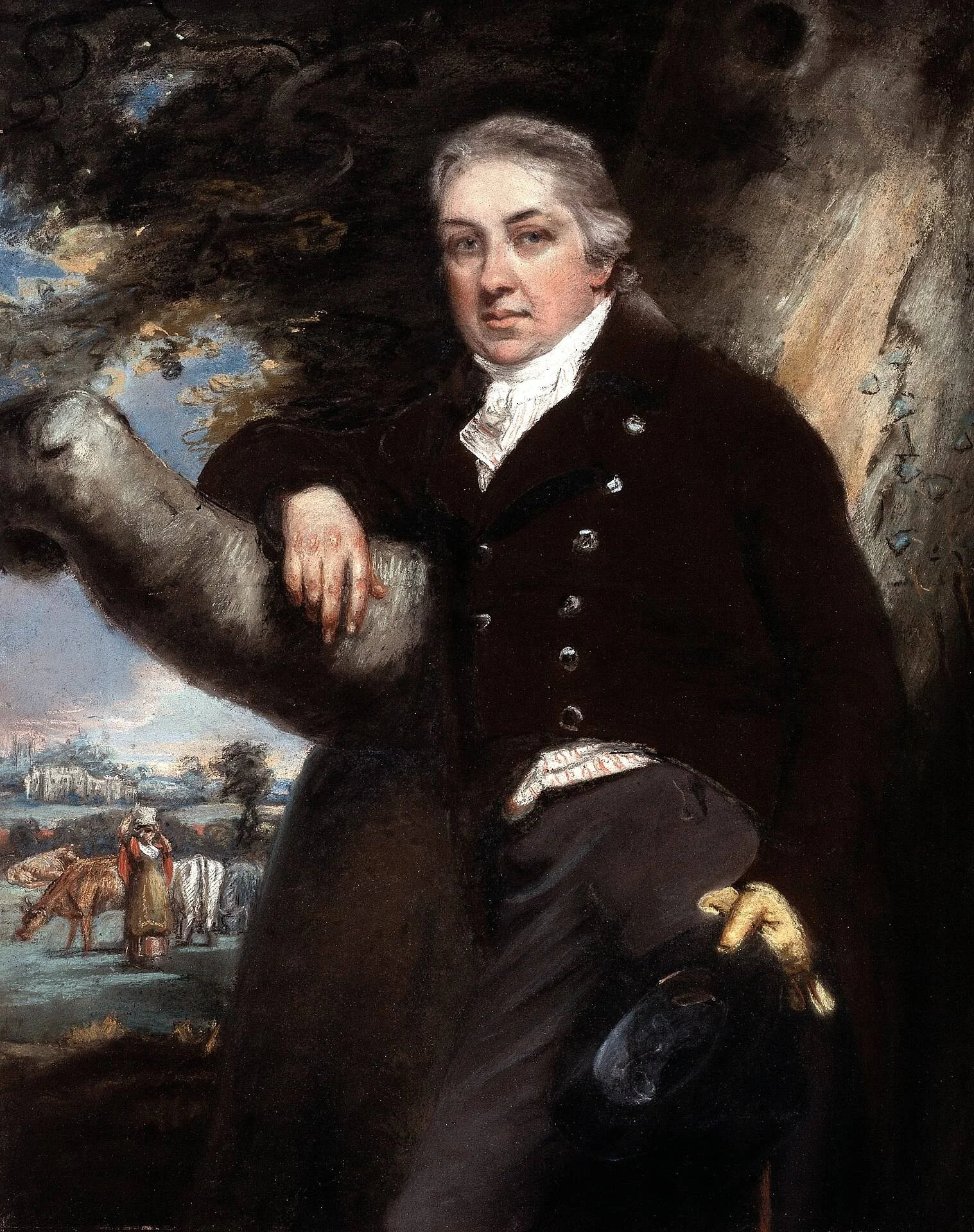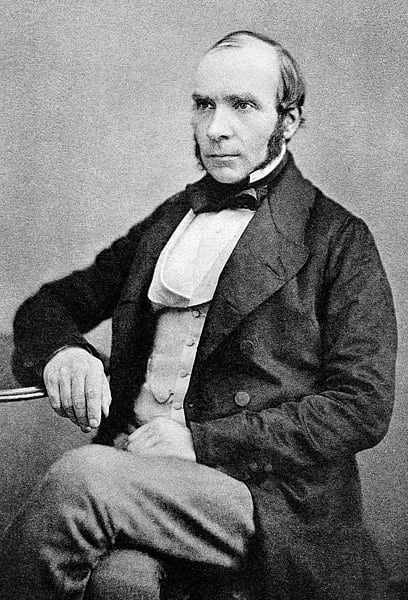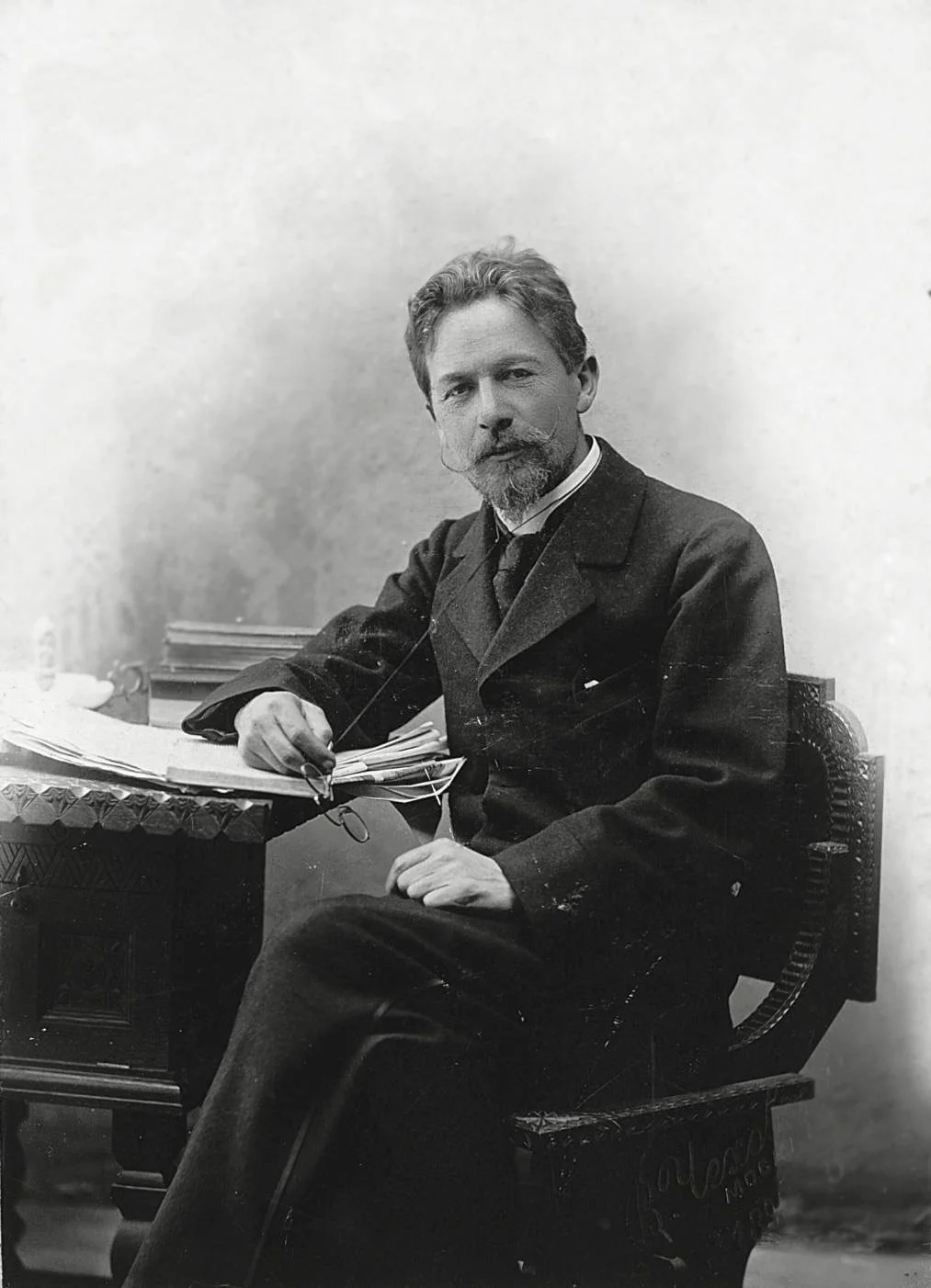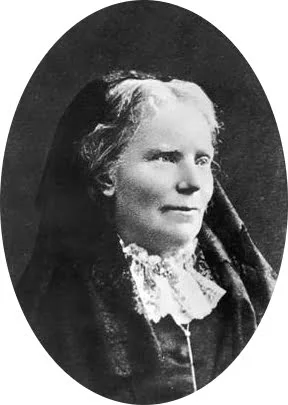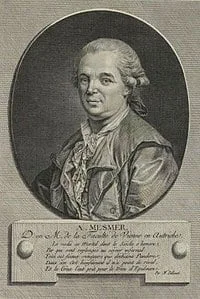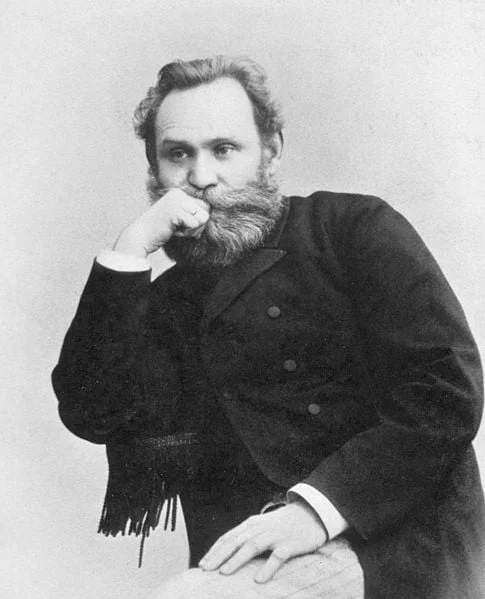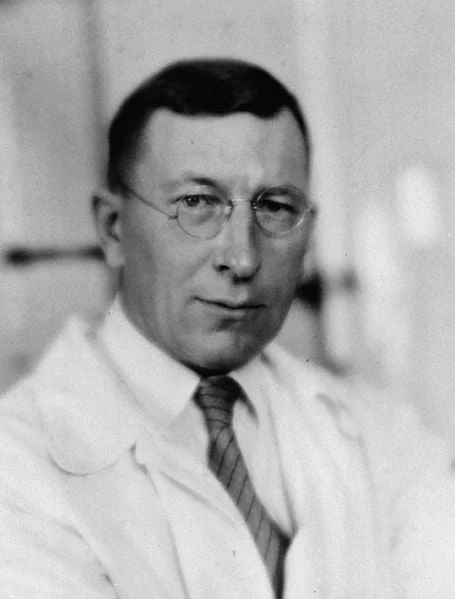Real Celebrities Never Die!
OR
Search For Past Celebrities Whose Birthday You Share
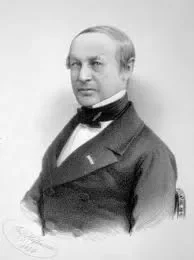
source:wikipedia.org
Theodor Schwann
Birthday:
07 Dec, 1810
Date of Death:
11 Jan, 1882
Cause of death:
Stroke
Nationality:
German
Famous As:
Physician
Age at the time of death:
71
Theodor Schwann's Quote's
Early Life and Background
Theodor Schwann was a German physiologist. He is popularly known for his significant contribution to biology, where he worked on the extension of cell theory to animals.
Schwann was born on 7 December 1810 to Leonard Schwann and Elisabeth Rottels. His father was a goldsmith and later a printer. Schwann grew up in a Roman Catholic home and was a devoted Roman Catholic.
Education
Schwann studied at the Dreikönigsgymnasium (also known as the Tricoronatum or Three Kings School), a Jesuit school in Cologne. He later enrolled at the University of Bonn, where he received a bachelor of physiology.
Also, while at Bonn, he met and worked with physiologist Johannes Peter Müller, who was the founder of scientific medicine in Germany. Schwann later moved to the University of Würzburg for clinical training in medicine. For his master’s in medicine, Schwann studied at the University of Berlin, where Müller was a professor of Anatomy and Physiology. Müller was also his advisor for his thesis work.
Early Career
Schwann started his career as an assistant to Müller at the Anatomisch-zootomische Museum at the University of Berlin. While he was there, Schwann conducted a series of microscopic and physiological experiments focused on studying the structure and function of nerves, muscles, and blood vessels. Interestingly, most of his contributions to biology were made when he worked with Müller.
Contributions to Cell Theory
Schwann became one of the pioneers of cell theory. He was renowned for his groundbreaking discovery of Schwann cells. These cells play a crucial role in forming the protective myelin sheath around nerve fibers. Additionally, Schwann made significant contributions to our understanding of animal and plant tissues.
Professorship and Major Publications
In 1839, Schwann relocated to Louvain, where he assumed the position of a professor of anatomy. It was there that he crossed paths with Matthias Schleiden, a botanist who had proposed the idea that all plants are composed of cells.
Building upon Schleiden’s concept, Schwann expanded it to include animals as well. He published his seminal work titled “Microscopic Investigations on the Accordance in the Structure and Growth of Plants and Animals.”
Within this influential book, Schwann put forth the notion that all living organisms are composed of cells and that cells serve as the fundamental units of life. He also introduced the term “metabolism” to describe the chemical processes occurring within cells.
Recognition and Legacy
Schwann was a respected and acknowledged scientist who was awarded the Copley Medal in 1845. His impactful work on cell theory still remains relevant to this day.
Death
He died in 1882 at the age of 71.
Name:
Theodor Schwann
Popular Name:
Theodor Schwann
Gender:
Male
Cause of Death:
Stroke
Spouse:
Place of Birth:
Neuss, First French Empire
Place of Death:
Cologne, German Empire
Occupation / Profession:
Personality Type
Logistician: Practical and fact-minded individuals, whose reliability cannot be doubted. Theodor Schwann was a very practical individual who always strived to be effective in his work which led to his groundbreaking ideas.
He also proposed that cells are the basic units of life.
Schwann is known for his work on cell theory. He discovered that all animals are made of cells.
Schwann's research laid the foundation for modern biology.
Theodor Schwann was awarded the Copley Medal in 1845

